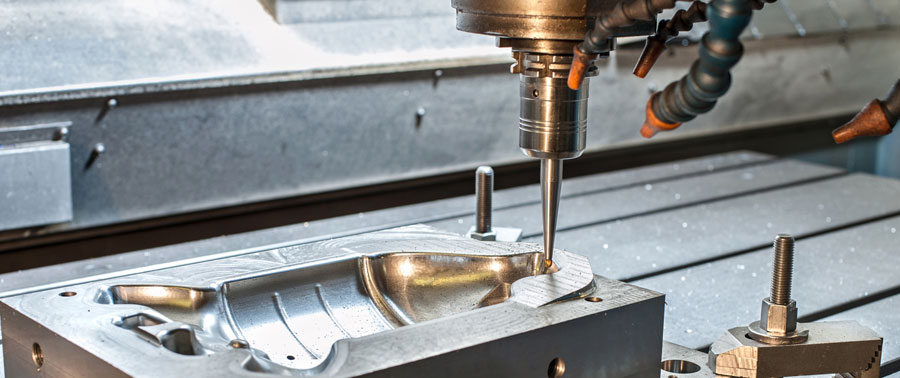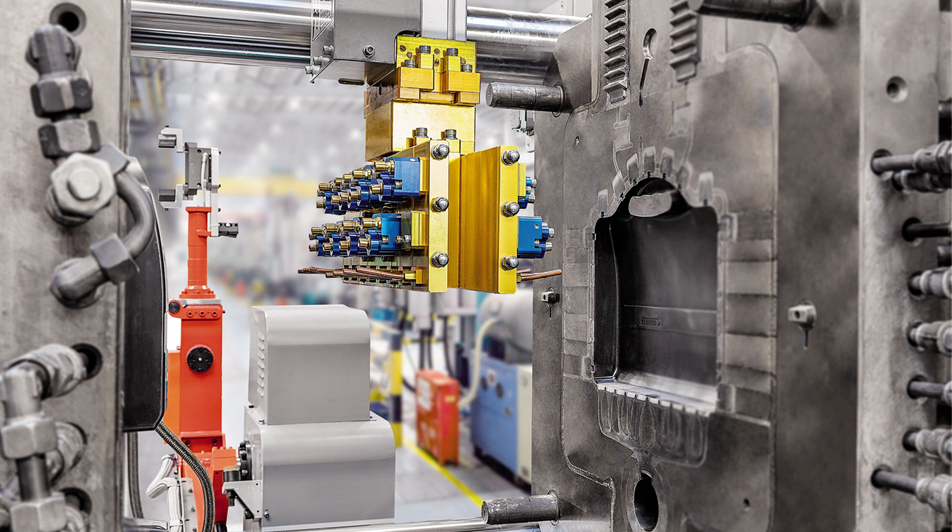Aluminum is a lightweight and versatile metal that is widely used in various industries due to its excellent properties. It is known for its high strength-to-weight ratio, corrosion resistance, and electrical conductivity. In recent years, advancements in machining techniques have allowed manufacturers to unlock the full potential of aluminum, making it a preferred choice for many applications. This article aims to explore the various aspects of aluminum machining and how it has revolutionized the manufacturing industry.
Properties of Aluminum
Aluminum is a chemical element in the boron group with the symbol Al and atomic number 13. It is a silvery-white, soft, non-magnetic, and ductile metal. Aluminum possesses several properties that make it attractive for machining processes. Firstly, its low density (2.7 g/cm³) makes it lightweight, which is essential for applications where weight reduction is critical, such as aerospace and automotive industries. Secondly, aluminum has excellent corrosion resistance, making it suitable for outdoor applications and environments with high humidity or exposure to chemicals. Lastly, aluminum has high thermal and electrical conductivity, making it ideal for heat transfer applications and electrical components.
Machining Techniques for Aluminum
2.1 Milling: Milling is a common machining technique used to shape aluminum parts. It involves the use of rotary cutters to remove material from the workpiece. Aluminum can be milled using both conventional and high-speed machining methods. High-speed machining (HSM) is particularly advantageous for aluminum due to its low melting point and excellent chip formation properties.
2.2 Turning: Turning is another widely used technique for aluminum machining. It involves rotating the workpiece while a cutting tool removes material to create the desired shape. Aluminum possesses good machinability, allowing for high cutting speeds and feeds during turning operations. This results in increased productivity and reduced machining time.
2.3 Drilling: Drilling is a process of creating holes in aluminum using a rotating drill bit. Aluminum can be easily drilled due to its softness and low melting point. However, care must be taken to control the drilling speed and ensure proper chip evacuation to avoid overheating and tool wear.
2.4 Grinding: Grinding is a precision machining process used for finishing operations. It involves the use of an abrasive wheel to remove small amounts of material from the workpiece. Aluminum can be ground to achieve tight tolerances and smooth surface finishes.
Advancements in Aluminum Machining
Advancements in machining techniques have significantly improved the efficiency and quality of aluminum machining processes. Some notable advancements include:
3.1 CNC Machining: Computer Numerical Control (CNC) machines have revolutionized aluminum machining. These automated machines use pre-programmed software to control machining operations, resulting in higher precision, repeatability, and efficiency. CNC machining has enabled complex and intricate designs to be achieved with ease.
3.2 Multi-axis Machining: Multi-axis machining allows for simultaneous movement of the cutting tool along multiple axes, enabling the creation of complex geometries. This technology has expanded the design possibilities for aluminum parts, making it possible to produce intricate components with high accuracy.
3.3 Adaptive Machining: Adaptive machining uses real-time feedback from sensors to adjust machining parameters, optimizing the process for maximum efficiency and tool life. This technique improves productivity and reduces waste by dynamically adjusting cutting speeds, feeds, and tool paths based on the actual conditions encountered during machining.
Applications of Aluminum Machining
The versatility of aluminum machining has led to its widespread use in various industries. Some notable applications of aluminum machining include:
4.1 Aerospace Industry: Aluminum is extensively used in the aerospace industry for the manufacturing of aircraft components such as fuselages, wings, and engine parts. Its lightweight nature and high strength-to-weight ratio make it an ideal material for reducing aircraft weight and increasing fuel efficiency.
4.2 Automotive Industry: Aluminum is increasingly being used in the automotive industry to reduce vehicle weight and improve fuel economy. It is used in the manufacturing of engine blocks, wheels, body panels, and structural components.
4.3 Electronics Industry: Aluminum is utilized in the electronics industry for the production of heat sinks, electrical enclosures, and connectors. Its high thermal conductivity and electrical conductivity make it ideal for dissipating heat and conducting electricity.
4.4 Packaging Industry: Aluminum is widely used in the packaging industry for the production of cans, foils, and containers. Its corrosion resistance and lightness make it suitable for preserving food and beverages while maintaining their quality.

Conclusion:
Aluminum machining has unlocked the potential of this versatile metal, enabling its widespread use in various industries. The properties of aluminum, coupled with advancements in machining techniques, have revolutionized the manufacturing industry. With continued research and development, aluminum machining is expected to further evolve, paving the way for even more innovative applications in the future.
-

- Magnesium alloy rigid fork for bicycle -customized die casting metal parts
-

- CNC machining auto dashboard bracket
-

- Customized foundry products high precision die-casting parts for e-bike integrated frame
-

- CNC machined parts Steering bracket
-

- Magnesium alloy die-casting Auto parts controller housing
-

- Magnesium alloy foundry parts bicycle wheel with CNC machining & surface finishing

 0086-750-5616188
0086-750-5616188 +86 13392089688
+86 13392089688 sales@zhongmei-tech.com
sales@zhongmei-tech.com







